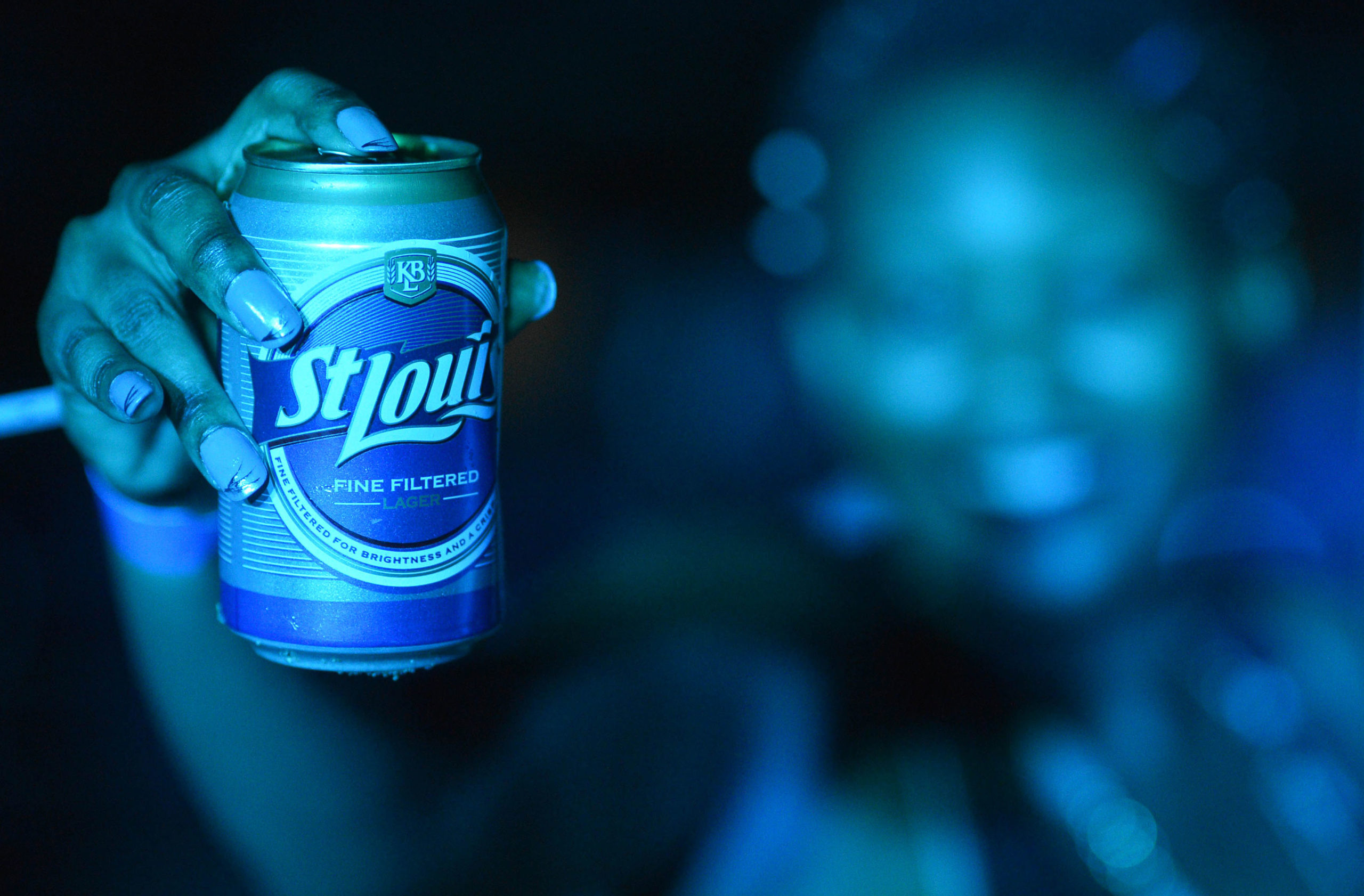Employees of behemoth alcohol brewer Kgalagadi Breweries Limited (KBL) could end up roaming the streets after the company recently placed over 95% of its staff on forced leave.
As a result of the measures taken by the government to curb the spread of COVID-19, the ban on the sale and distribution of alcohol has seen the company close its manufacturing plants. This has also affected KBL’s service providers and disrupted the entire value chain from the factory to homesteads.
In an interview with The Botswana Gazette, the president of the Botswana Transport and General Workers Union (BTGWU), Gaebepe Molaodi, said the situation that KBL workers find themselves in is awful. “Having an uncertain future at work is agonizing,” Molaodi said.
“We had expected the ministry to open and allow the sale of liquor on the 1st of February. Unfortunately they have been mum on the issue. Workers were sent on three days’ unpaid leave in January and the leave was extended with two more days until the eventual closure of KBL on January 27. The ministry has not helped to cushion the employees with money generated from the alcohol levy.”
The unionist said BTGWU and KBL employees will launch a “Save My Job Campaign” in a quest to call the government’s attention to the crisis and need to lift the ban on alcohol by mid-February. She added that the advent of illegal homebrews is taking root but comes with health hazards that could endanger people’s lives.
“Moreover, the government has failed to prove that the sale of alcohol contributes to high cases of COVID-19,” Molaodi said. “South Africa has opened for the sale of alcohol. And as you know, Botswana shares the longest border with South Africa and there have been many cases of alcohol being smuggled into Botswana. The Chibuku tap had long been closed and the last batch of workers to leave KBL before it was eventually closed was in the clear beer department who had remained behind to do stockpiling.”
The vice chairman of KBL Transporters Association and Managing Director at Paithal Group, Michael Sefako, says the closure of KBL has led to his company parking 20 trucks because there is no business. “The situation is messy as there is no money and banks are likely to repossess our trucks because we have not been making any money to service the loans,” Sefako said. He disclosed that he and other transporters, among them Alfies Transport and Pikul, intend to meet about how to engage with the trade minister, Peggy Serame.
According to Joseph Masisi, former Manager at Stallion Investments that consists of Ozone Night Club in Tlokweng, Ozone Mahalapye and Ozone Lobatse, the closure of KBL has affected a lot of businesses that have been suffering because of the drastic measures taken by the government to curb the spread of COVID-19.
Masisi, who has over 10 years’ experience in the entertainment industry and currently works for DC Tours and Hotels, says owners of bars and nightclubs are constantly asking him to help with the running of their businesses. “We gave the government a proposal to operate with the old liquor law of 2004 under which
nightclubs could close at 4am,” he said.
The owner of Lerothodi Tavern in Tlokweng, Anthony Masire, says the closure of KBL and prohibition of alcohol has dented his finances. “I have been paying my employee salaries and thus dented my finances,” Masire told The Botswana Gazette. “However, I will now be forced to put my employees on unpaid leave if business operations don’t start. Business is going to take time to get back to where it was before closure.”
In addition to paying salaries in this unprecedented downtime, he said, he has been paying for the security alarm service, electricity and insurance premiums. “There is also tax, company annual returns and business licence renewal,” Masire said. At KBL, spokesman Masegonyana Madisa says they are still engaging with government in an attempt to negotiate flexible operating rules in order to save jobs. Trade minister Serame did not respond to enquiries about whether government would lift the ban on alcohol, when that might be and under what regime of conditions in light of COVID-19.

